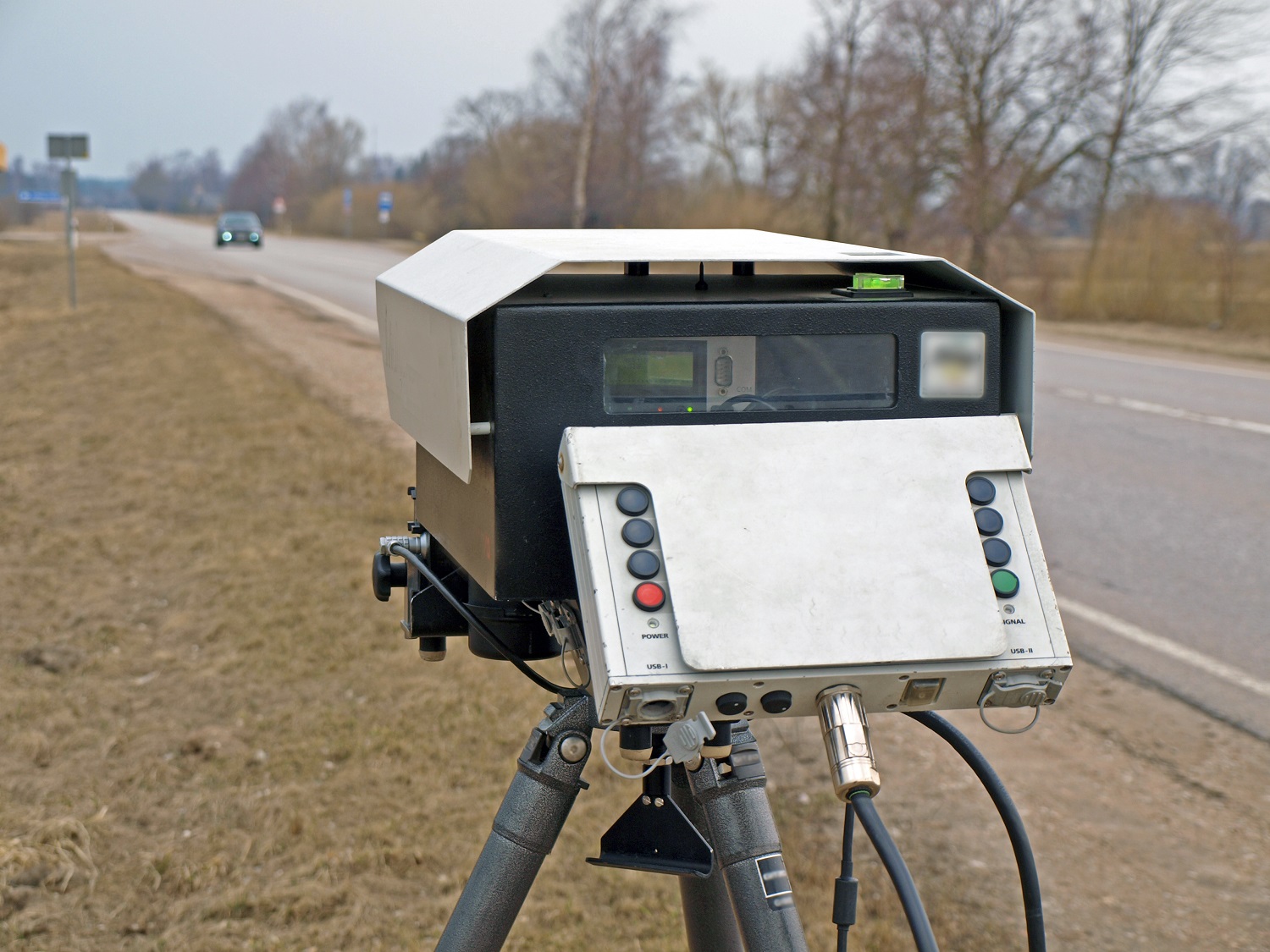The Issues With Photo Radar Tickets
It can happen to anyone – that ominous camera flash that flutters before your eyes when you are speeding to work or to resolve an emergency. For most Arizonians, the state’s traffic photo radar tickets are a major point of contention.
Photo radar enforcement is typically located at the state’s busiest streets and intersections, making them prime locations for law enforcement to snag a shot of those who violate traffic laws.
Arizona’s traffic laws can be found in Title 28 of the Arizona Revised Statutes.
While the photo radar tickets are a way for law enforcement to enforce traffic laws, there are also a number of issues associated with the system.
Service of Process
The most prevalent issue with photo radar tickets is service of process.
According to Arizona’s Rules of Civil Procedure, traffic tickets need to be properly served to you for them to be valid.
Mailing a traffic ticket resulting from being nabbed by a photo radar system is not sufficient service of process.
To validate the ticket, authorities request that you sign a waiver for your service of process and that you then mail the waiver back. Once you waiver your service of process, the ticket holds more effect.
While some will recommend simply tossing out the ticket, it is best to consult with a professional Arizona civil traffic ticket lawyer in order to determine what effect, if any, this will have.
Some courts are now granting “alternative service” where the ticket can be taped to your door.
If you ignore the ticket after alternative service has been granted, you may end up being defaulted and having your license suspended.
Right on Red Issues
Another problem with photo radar tickets is that they may unfairly cite an individual for a non-threatening, but technical, violation.
For example, in many parts of the state, it is legal to make a right turn on a red light.
The problem is that many drivers fail to come to a complete halt, thus triggering the photo radar system, which leads them to getting ticketed.
In this type of case, you have law enforcement equipment that is unjustly ticketing individuals and treating their failure to come to a complete halt as a serious traffic violation.
Camera Calibration
A third problem with photo radar tickets is that they may be issued by a photo radar system that is inaccurate.
To address this problem, the state of Arizona requires that the photo radar system is calibrated every 24 hours.
However, if you are ticketed by a photo radar system, then there is a chance that it has not gone through the calibration process, thus causing your ticket to be faulty.
Legal Representation
Traffic violations are a serious concern that should be addressed by a legal professional.
If you have been cited a traffic ticket resulting from a photo radar system, then consulting with an experienced professional can ensure that your rights are adequately represented.
At Tyler Allen Law Firm, our Phoenix traffic lawyers have experience in handling photo radar traffic violations.
Contact us today at (602) 456-0545 or fill out a contact form to get the legal advice that you need.

